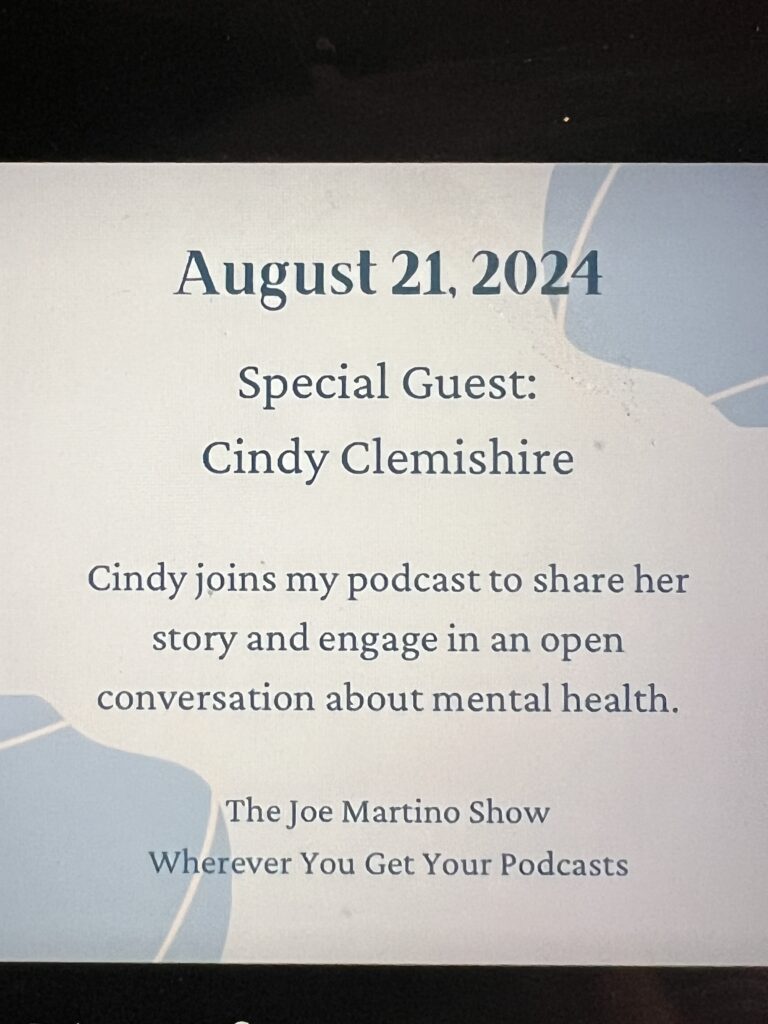As a therapist, I have a lot of conversations with people about a lot of things. There is one that I have a lot that bothers me. I'm coming here to call for it's end. The typical conversation usually goes something like the following:
Random Person: Yeah, things are good but last night I had apologize to my kid.
Me: Why?
RP: Well, they did [insert something here, usually not that big of a deal something]
Me: So how did you handle it?
RP: Well, I lost my mind on them. I was screaming and yelling. I even called them a name. You know, I don't want to lose my cool. I even told them that I don't want to lose my cool. I told them, "I don't like getting angry but sometimes I do because I love you so much and I want what's best for you…"
Me: That's the dumbest thing I've ever heard…
Ok, so if it's a counseling session I don't say that but I think it.
Can we please stop telling our kids that we do stupid stuff because we love them so much?
Maybe we could just tell them the truth. We did whatever stupid thing we did because we lost control and threw a tamper tantrum. Just tell them the truth that they did or didn't do something that you wanted them to do and your emotions got the better of you. If you have anger issues, tell them. Th chances are good that they already know. Tell them you are going to work on it and then work on it. Tell them you were wrong and ask for forgiveness.
And no vague garbage apology either. Tell them, "I was wrong. I shouldn't have [insert poor behavior]. Will you forgive me?"
Here's the benefit of doing this. First of all, you're being honest, even when it's hard. You're teaching your kids through your actions, not your words. When you tell them you did whatever poor behavior because you loved them so much, you're being dishonest to both yourself and them.
Secondly, you're humbling yourself and admitting your own areas needed for growth. This completely enhances your chance of changing the behavior and modeling the response to aggravation that you're trying to teach your child. In fact, you're getting two for one here. You're teaching them (by example) what to do when they mess up and you're teaching them what to do when they experience distress.
When you tell them that your inappropriate outburst was because of their behavior, you are making them responsible for your behavior. And they are not responsible for your behavior. You are. Only you.
Your kids do not care how tired you are or how hard your life is. They don't care if you and your spouse or ex-spouse are fighting. They don't care if your boss is a jerk. And they shouldn't have to worry about those things. They are not concerns for kids.
Change will take time. It is a process but you can actually get to the place where you don't yell and lose your mind on your kids. If you need help, contact our office.
I'll end with one of my favorite quotes,
"Every father should remember that one day his son will follow his example instead of his advice." – Charles F. Kettering
I did a podcast on this topic that can be found here or you can search your favorite podcast player for the Joe Martino Show and search for episode 84.


